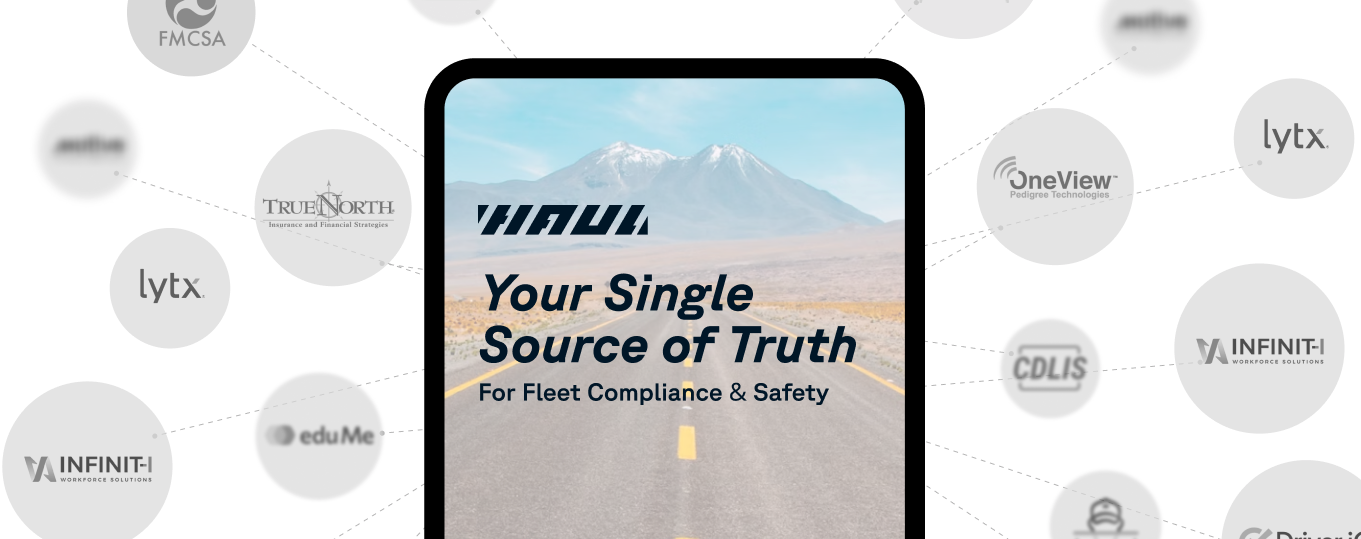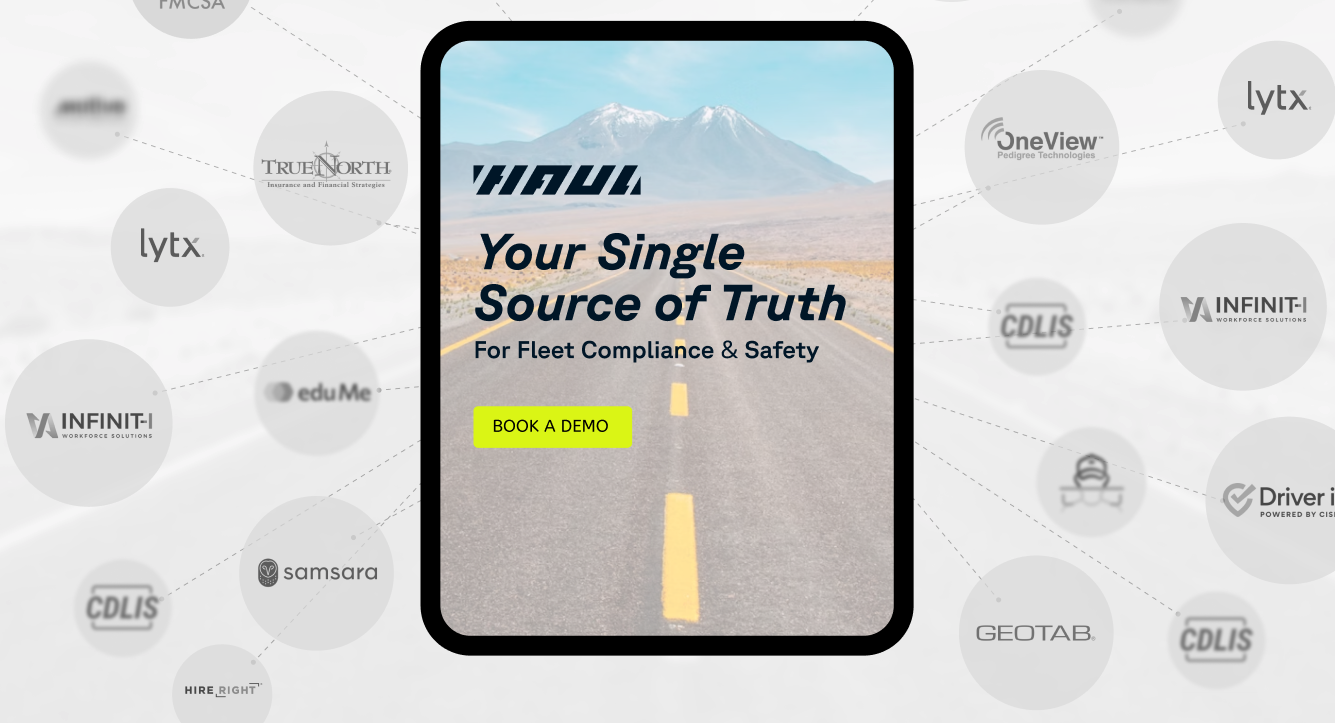Understanding General Liability and Cargo Insurance

Navigating the world of fleet management and logistics can be a complex task.
One of the key challenges is understanding the intricacies of general liability and cargo insurance.
These types of insurance are crucial for protecting your business from potential risks. They cover everything from property damage and bodily injury to the loss or damage of goods during transit.
But understanding the nuances of these insurance types is not always straightforward.
In this article, we aim to demystify general liability and cargo insurance. We'll delve into their importance, how they can be leveraged to manage risk, and their role in ensuring compliance and enhancing operational efficiency.
Whether you're a fleet manager, logistics director, or risk management officer, this guide will provide you with the insights you need to navigate the complexities of these essential insurance types.
The Essentials of General Liability Insurance
General liability insurance is a cornerstone of risk management in the fleet industry.
It's designed to protect your business from a variety of claims. These can include property damage, bodily injury, and even reputational harm.
This type of insurance is crucial for covering the costs associated with legal defense and settlements.
Without it, your business could face significant financial strain in the event of a claim.
Why General Liability is a Must-Have for Fleet Managers
As a fleet manager, you're responsible for the safety and compliance of your fleet.
General liability insurance plays a key role in this. It provides a safety net against third-party claims that could otherwise impact your operations.
In essence, it's a must-have for protecting your business, your assets, and your reputation.
Understanding Policy Exclusions and Limitations
Not all risks are covered by general liability insurance.
It's important to understand the exclusions and limitations of your policy.
This knowledge can help you identify any gaps in your coverage and take steps to address them.

Cargo Insurance: Safeguarding Your Shipments
Cargo insurance is another critical component of a comprehensive fleet insurance plan.
It's designed to cover the loss or damage of goods during transit. This can include theft, environmental damage, and accidents.
Without cargo insurance, your business could be held financially responsible for any loss or damage to the goods you're transporting.
In essence, cargo insurance provides a layer of financial protection that can help safeguard your business against unexpected losses.
Tailoring Cargo Insurance to Your Fleet's Needs
Every fleet is unique, and so are its insurance needs.
Cargo insurance can be tailored to the specific needs of different types of cargo and shipping methods.
By customizing your cargo insurance, you can ensure that your coverage aligns with your fleet's risk profile and operational needs.
The Claims Process: What Logistics Directors Need to Know
Filing a claim under a cargo insurance policy can be a complex process.
It's important for logistics directors to understand the steps involved, from reporting the loss to providing necessary documentation.
Understanding the claims process can help expedite settlements and minimize disruptions to your operations.

Primary Liability vs. Cargo Insurance: Navigating the Differences
Primary liability and cargo insurance are two distinct types of coverage that serve different purposes.
Primary liability insurance is designed to cover damages that your fleet may cause to other people's property or bodily injury.
On the other hand, cargo insurance covers the goods you're transporting, protecting your business from financial losses due to damage or loss of cargo.
Legal Requirements and Compliance for Truck Liability Coverage
Truck liability coverage is not just a good idea—it's a legal requirement.
Federal and state regulations mandate certain levels of liability coverage for commercial trucks.
Staying compliant with these regulations is crucial, not only to avoid legal penalties but also to ensure the financial stability of your fleet operations.
Leveraging Technology for Risk Management and Insurance Efficiency
In today's digital age, technology plays a pivotal role in risk management and insurance efficiency.
Advanced tools and software can help fleet managers monitor vehicle performance, driver behavior, and cargo conditions in real-time.
This data-driven approach not only enhances operational efficiency but also aids in proactive risk management, potentially reducing insurance premiums.
Telematics and Real-Time Data: A Game Changer for Risk Officers
Telematics and real-time data have revolutionized the way risk officers manage fleet operations.
These technologies provide valuable insights into driver behavior, vehicle health, and cargo status, enabling proactive risk mitigation.
By leveraging this data, risk officers can implement safety measures, improve compliance, and negotiate better insurance terms, ultimately driving down costs and boosting operational efficiency.

Conclusion: The Role of Insurance in Fleet Management Strategy
In conclusion, insurance plays a critical role in a fleet management strategy.
It not only provides financial protection against unforeseen incidents but also contributes to operational efficiency, compliance, and risk management, making it an indispensable tool for fleet managers, logistics directors, and risk officers.

